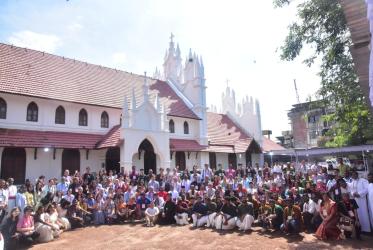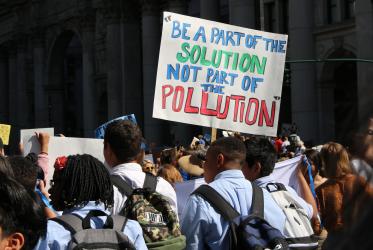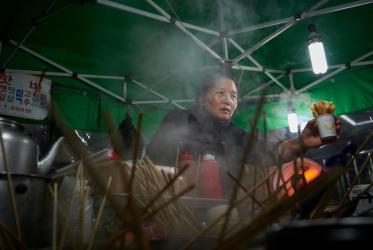Displaying 1 - 13 of 13
02 November 2023
WCC represented at International Sanitation Convention in India
18 October 2018
Paving the way for ecumenical studies, learning English in Bossey
24 September 2018
Churches engage in development dialogue on Africa
06 March 2013






